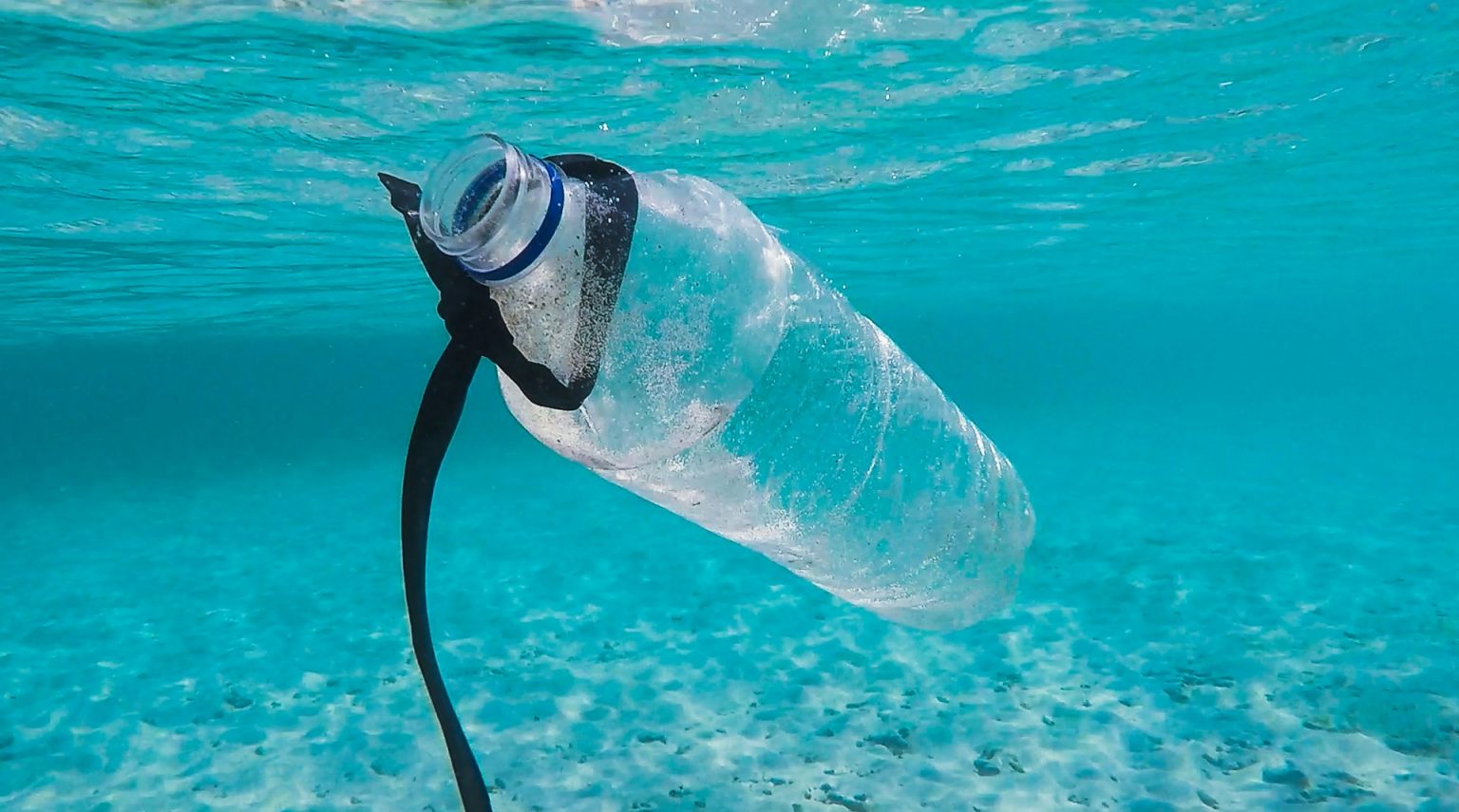The Problem of Plastic in Our Oceans
Plastic pollution is a huge problem for the world’s oceans. Every year, millions of tons of plastic waste end up in the ocean. This waste harms sea life, affects human health, and damages the beauty of our natural environments.
Most of this plastic comes from land. It can be anything from plastic bags and straws to soda bottles. Once it reaches the oceans, it does not go away by itself. It breaks into smaller pieces called microplastics, which are even more difficult to clean up and can enter the food chain.
Why Should We Care?
The ocean is home to countless species of marine wildlife, and many of them are threatened by plastic pollution. Turtles, for example, often mistake plastic bags for jellyfish and eat them. This can cause them serious harm or even kill them. Moreover, the chemicals released from the plastics in the ocean can also make their way into the fish and seafood that many people eat.
Innovative Solutions from Leading Brands
Several brands and companies are stepping up to tackle the issue of ocean plastic. Here are a few innovative approaches:
Adidas
Adidas has launched a line of sneakers made using recycled ocean plastic. Their project shows how recycled materials can be used to make high-quality products. By turning waste into something useful, Adidas helps reduce the amount of plastic in the oceans.
Coca-Cola
Coca-Cola is working on reducing its plastic footprint by creating bottles made from recycled plastic. Their goal is to use at least 50% recycled material in all of their packaging by 2030. This initiative not only helps lessen the production of new plastic but also promotes recycling.
Dell Technologies
Dell Technologies has started using recycled ocean plastics in their product packaging. This effort not only helps keep plastics out of the ocean but also shows the potential for recycled plastics in various industries.
How Can We Help?
Reduce, Reuse, Recycle
The most effective way to help is by following the three Rs: reduce, reuse, recycle. Try to cut down on your use of single-use plastics like straws and bags. Always aim to reuse items when possible, and make sure to recycle plastic waste.
Support Clean-up Efforts
You can also support clean-up efforts in your community or around the world. Many organizations are working hard to clean up our oceans, and they often need volunteers or donations.
Educate Others
Share what you know about plastic pollution and its effects with friends and family. Awareness is the first step towards meaningful change.
Conclusion
The crisis of plastic in our oceans is a complex issue, but it is not unsolvable. With continued effort from everyone—companies, governments, and individuals—we can make a significant impact. By choosing to support responsible companies, reducing our plastic use, and helping clean-up efforts, we can all be part of the solution to this global crisis.

